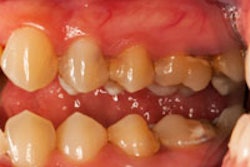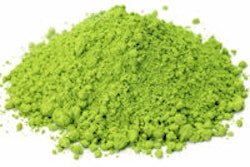Hop leaves that are discarded in the beer brewing process have antioxidant polyphenols that could protect against dental diseases, according to a new study in the Journal of Agricultural and Food Chemistry (February 18, 2014).
Hops, which give beer its bitterness and aroma, contain healthful antioxidants that could be used to battle caries and periodontal disease, according to the researchers from Japan.
Earlier research found that antioxidant polyphenols in hop leaves (called bracts) could help fight caries and periodontal disease. Extracts from bracts stopped the bacteria responsible for these dental conditions from being able to stick to surfaces and prevented the release of some bacterial toxins.
Farmers harvest about 30,000 tons of hops in the U.S. annually, but the bracts are not used for making beer and are discarded. Thus, there is potentially a large amount of bracts that could be repurposed for dental applications.
But very few of the potentially hundreds of compounds in the bracts have been investigated, so the Japanese researchers analyzed what substances in these leaves might cause those healthful effects.
Using a technique called chromatography, they found three new compounds, one already-known compound that was identified for the first time in plants, and 20 already-known compounds that were found for the first time in hops. The bracts also contained substantial amounts of proanthocyanidins, which are healthful antioxidants.



















